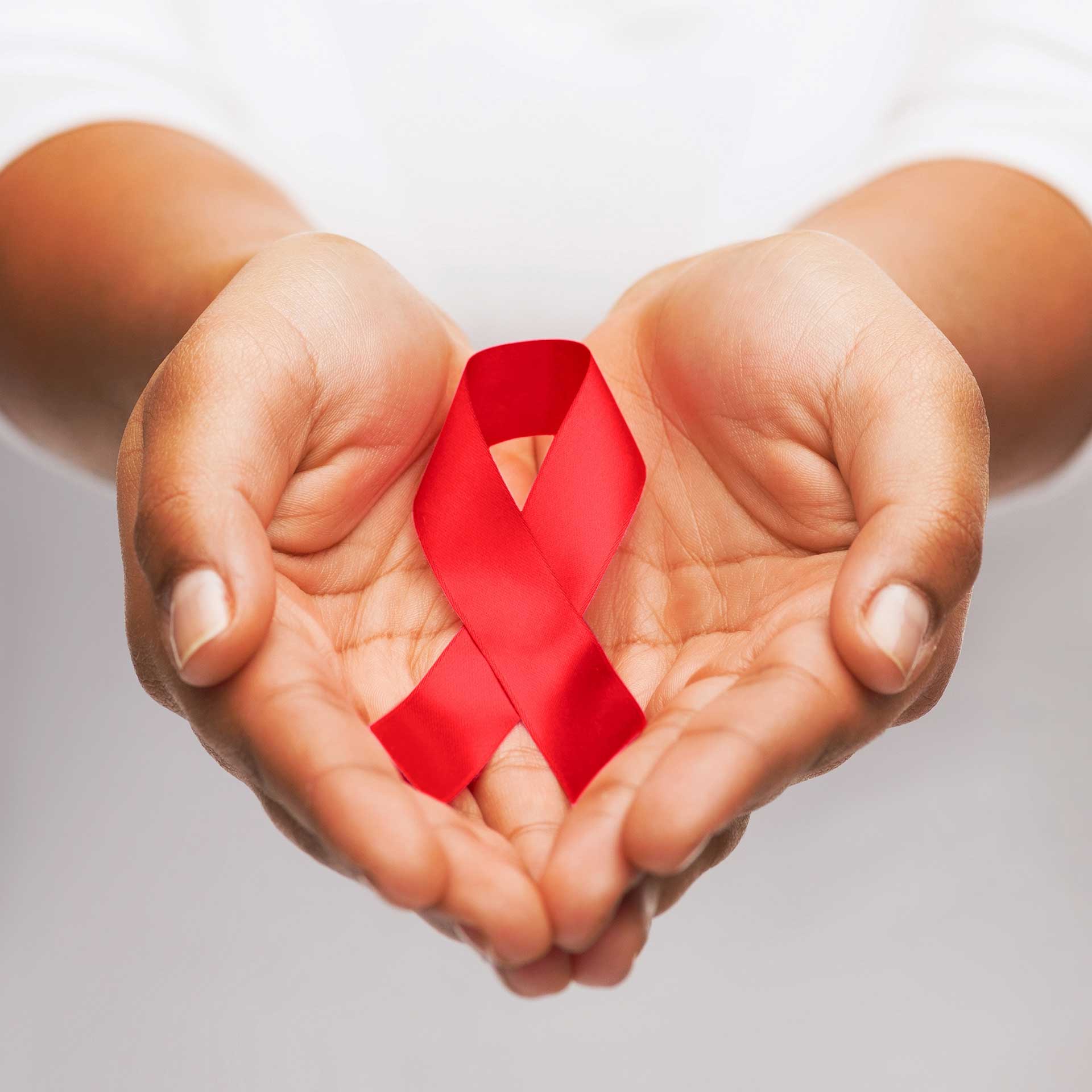Properly managed HIV patients ‘likely at no greater risk from COVID-19 than rest of population’
Drickus Maartens • June 4, 2020
HIV-positive South Africans must ensure that they take their antiretroviral medication during the pandemic
With one of the largest HIV-positive populations in the world, many experts have expressed concerns about the impact of the COVID-19 pandemic on this segment of the South African population.
However, HIV clinician, Dr Kairoonisha “Kay” Mahomed, who runs an HIV clinic at Netcare Garden City Hospital
in Johannesburg, says that HIV-positive individuals who remain on treatment and whose viral loads are at undetectable levels are likely to be at no greater risk of contracting or developing serious COVID-19 disease than are HIV-negative South Africans.
“The treatment and management of HIV has improved in leaps and bounds in recent years, to such an extent that it has become a highly manageable chronic condition. And, while there is much that we are still learning about the COVID-19 virus, there is no reason to believe that a properly managed HIV-positive individual whose viral load is suppressed is at any greater risk from COVID-19 than the rest of the population,” says Dr Mahomed, who has been treating patients and training doctors and nurses in HIV care for the last 10 years.
“On the other hand, HIV-positive individuals who are not receiving treatment, or who have stopped taking their antiretroviral medicines during the lockdown are likely to be at a greater risk of contracting serious COVID-19 infection, or of developing other HIV-associated conditions such as tuberculosis [TB]. Recent media reports suggesting that thousands of people in Gauteng have failed to collect their anti-retroviral medicines over the lockdown period are therefore deeply concerning,” adds Dr Mahomed.
“It is imperative for all HIV-positive individuals during this time to continue to take their antiretroviral [ARV] medication as prescribed, even if queues for medication may be longer than usual. If patients have missed taking either or both their HIV and TB medication they should urgently visit their healthcare provider so that their condition can be monitored and treated as may be necessary.”
Dr Mahomed points out that there have been some cases in which HIV-positive individuals have stopped taking their ARVs and have developed TB resulting in them having to be admitted to hospital for treatment. She says this underscores how vulnerable an individual can be to opportunistic infections, such as TB and COVID-19, if they stop or do not receive treatment.
“Many South Africans are not aware that highly effective new antiretroviral drugs, which have virtually no side-effects in most people and which can be taken as just a single dose in the morning, have been introduced in recent years. These new ARVs are not only easy for people to tolerate, but are highly effective in suppressing viral loads to undetectable levels, which means that their immune systems are kept strong.”
“Given this, we recommend that HIV-positive persons who have never been treated before should seriously consider getting treatment. A more positive aspect to the COVID-19 pandemic is that we have had a number of HIV-positive individuals seeking treatment for the very first time since they have been diagnosed, and were delighted to learn that the latest generation of ARVs are so effective and easy for most people to tolerate, as this was not always the case with a number of the older generation drugs.”
Dr Mahomed says that internationally there has not been much documented experience with COVID-19 in HIV-positive individuals. Given the large numbers of HIV-positive people in South Africa, however, we are likely to learn much about these two diseases and how they impact one another.
“HIV patients are now living to a ripe old age and hence chronic care should now also form an important part of their HIV care. At the HIV clinic at Netcare Garden City Hospital, we routinely monitor blood sugar, cholesterol, and blood pressure to ensure that our patients have their health closely monitored.”
According to Dr Mahomed, using the new ARVs, the HIV clinic has been able to achieve viral suppression in 99% of its patients, with the remaining 1% being new referrals. She says the drugs may also be used as a highly effective post-exposure prophylaxis [PEP], a means to prevent one contracting HIV where there may have been exposure to it.
“It is my hope that the COVID-19 pandemic may at least have the benefit of getting more South Africans to seek treatment with these new ARVs because they are so effective and are giving many people a completely new lease on life,” concludes Dr Mahomed.













